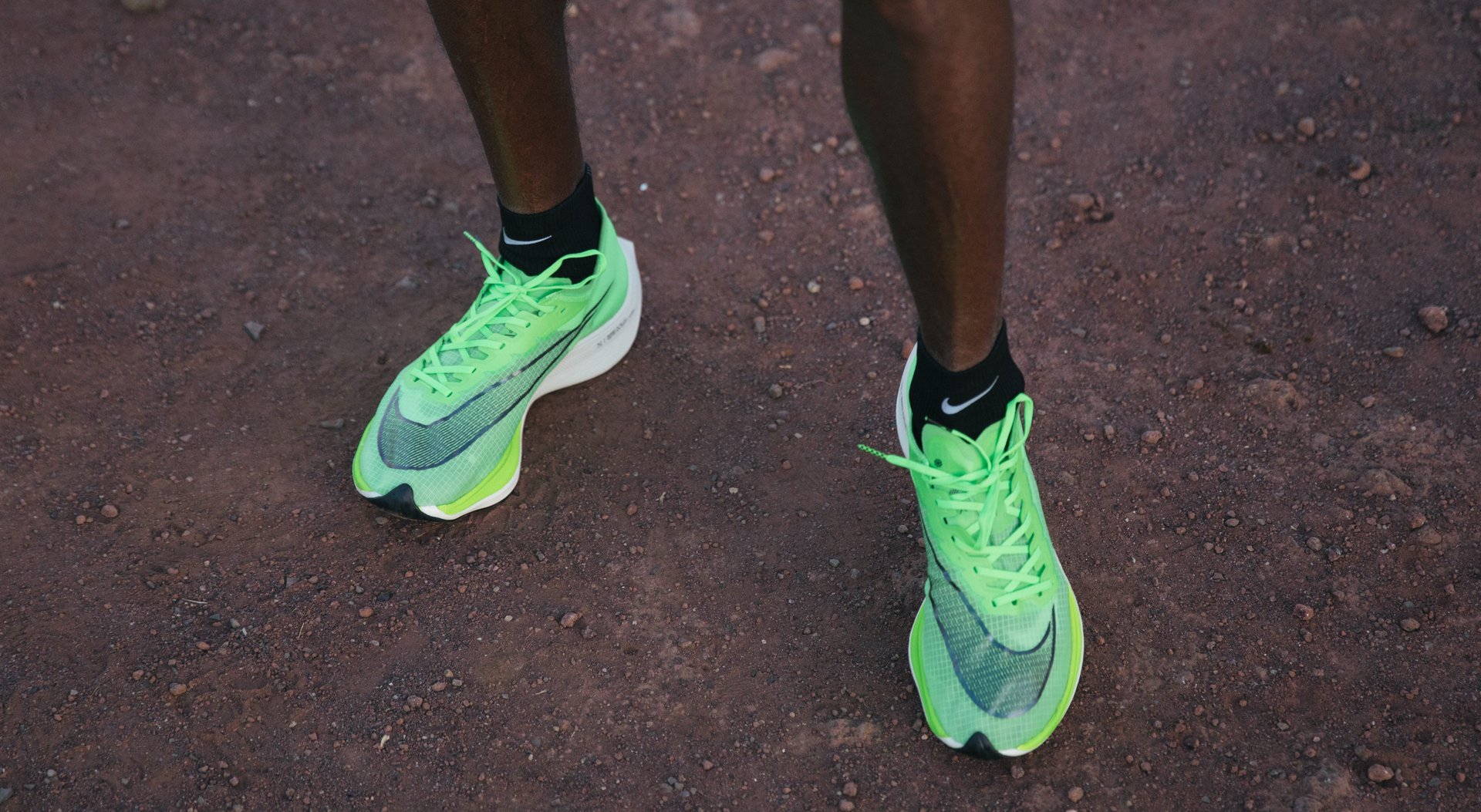Nike’s Vaporfly marathon shoes face a potential ban from competition
World Athletics, the governing body for track and field, is said to be mulling a ban on the Nike Vaporfly shoes that are helping elite runners break marathon records.


World Athletics, the governing body for track and field, is said to be mulling a ban on the Nike Vaporfly shoes that are helping elite runners break marathon records.
Reports are conflicting about how likely or how comprehensive any ban might be. The Times of London says the body is likely to outlaw the shoes, while The Guardian reports an outright ban is not expected. Instead, it said World Athletics’ focus may be on limiting the upgrades to future versions, such as how much foam Nike can add to the midsole.
It could mean the Vaporfly Next% —available on the market right now—would be acceptable, but the as-yet unreleased pair Eliud Kipchoge wore when he finished an assisted marathon in less than two hours in October would not. World Athletics plans to announce its decision by the end of the month, according to The Guardian.
Either way, it brings more attention to the shoe, which has become increasingly controversial since 2017, when Nike released its first iteration, the Vaporfly 4%—so named because Nike’s research found it allowed athletes to use 4% less energy during their runs. The shoes use a carbon-fiber plate packed in foam to capture more of the energy in each footfall and propel the runner forward with every step, making them more efficient over long distances. They’re so effective that some athletes, such as former US distance runner Ryan Hall, argue it confers an unfair mechanical advantage.
Runners wearing the shoes keep breaking marathon records, and now eyes are on the shoes at every big race. Unsurprisingly, it’s become a popular choice among both elite and non-elite runners, sometimes to the detriment of Nike’s competitors. At a major road race for collegiate runners in Japan earlier this month, more than 84% of competitors wore the Vaporfly Next%. The number choosing Japanese brands plummeted. Only seven runners wore Asics, down from 51 the previous year. Nine chose Mizuno, declining from 24 a year earlier. Bloomberg noted shares in Asics and Mizuno rose slightly after news broke of the possible ban by World Athletics.
Whatever World Athletics decides, it’s unlikely to have much effect on Nike’s sales. Performance shoes for distance runners are a small fraction of its $39 billion business. Nike also has a knack for turning bans into great marketing, as it did when the NBA banned Michael Jordan’s first sneakers for violating its requirement that a player’s shoes match their jersey.